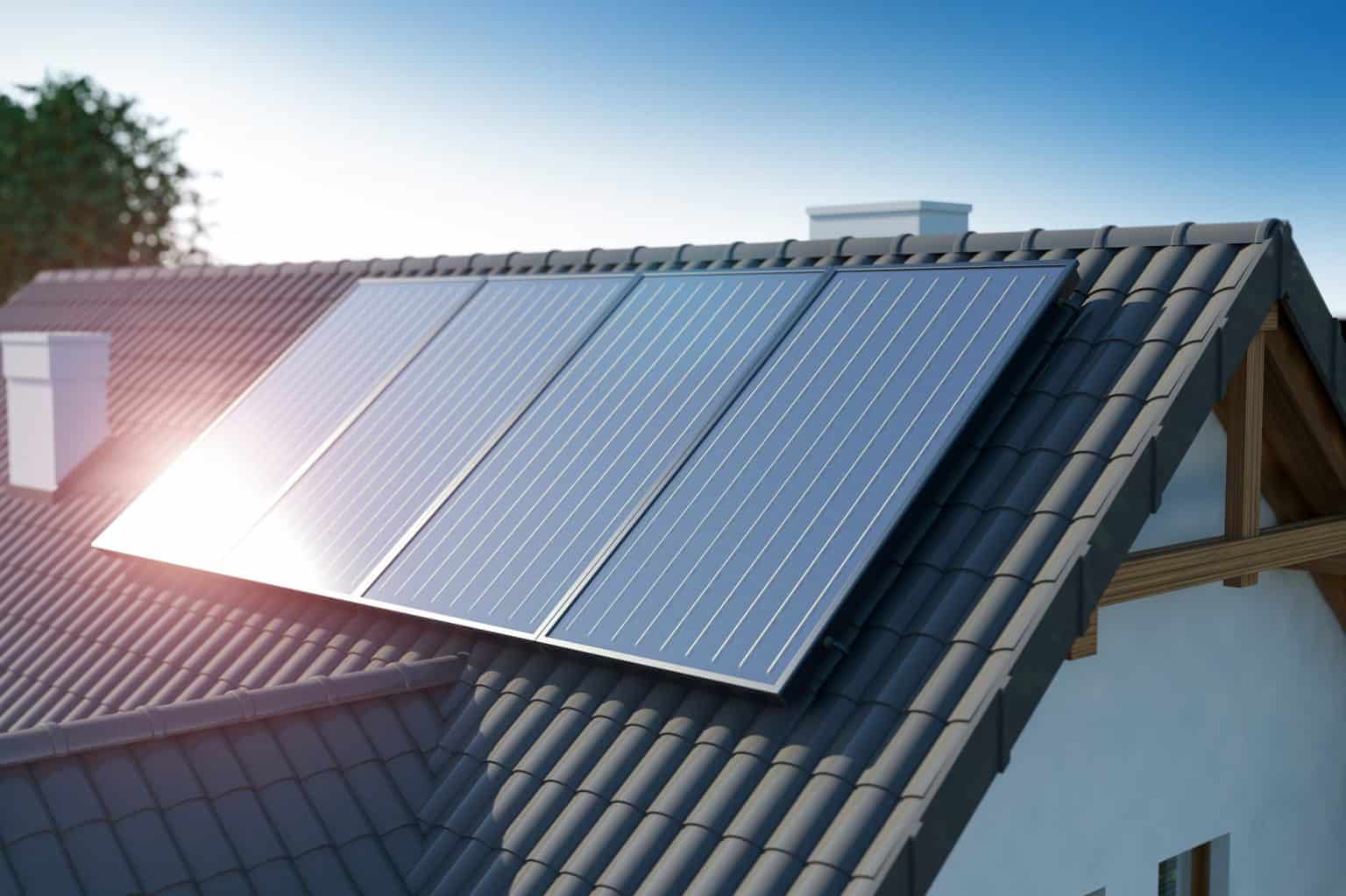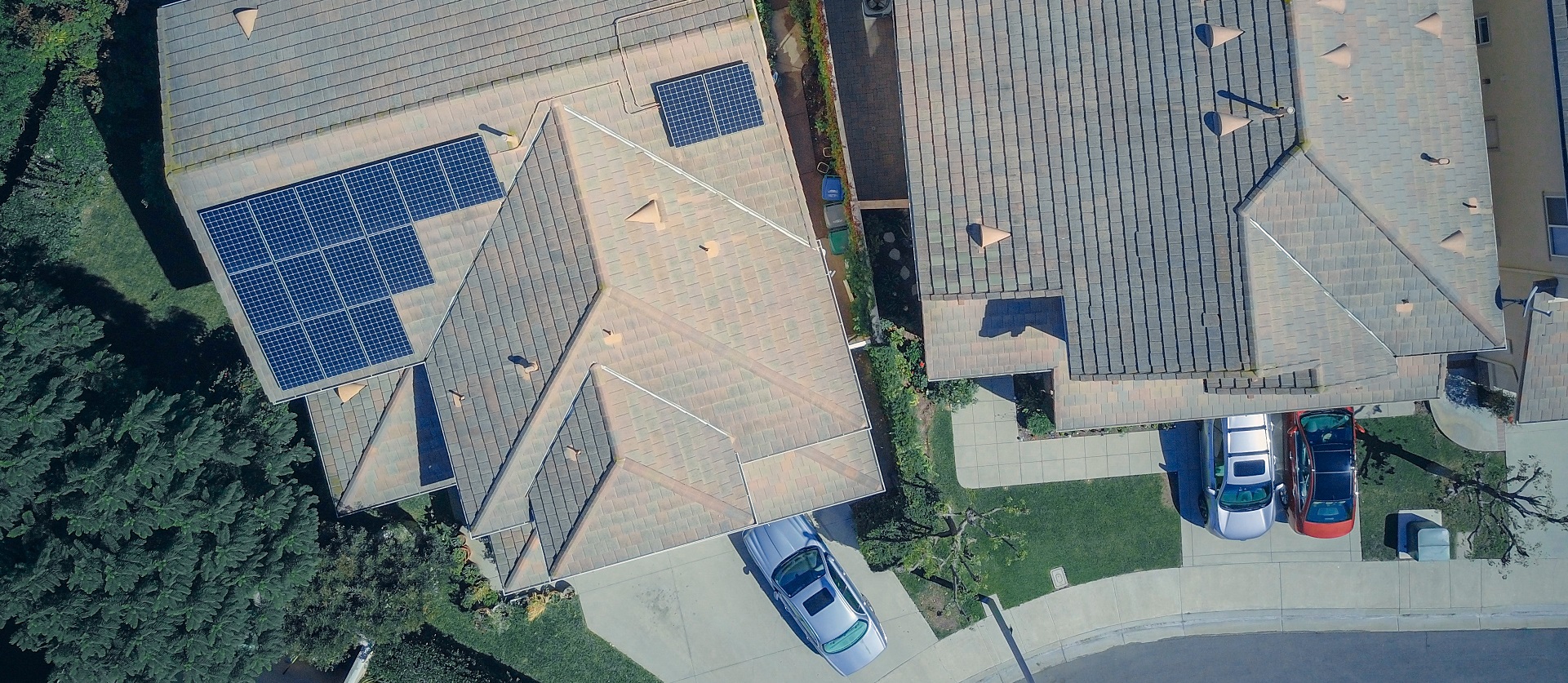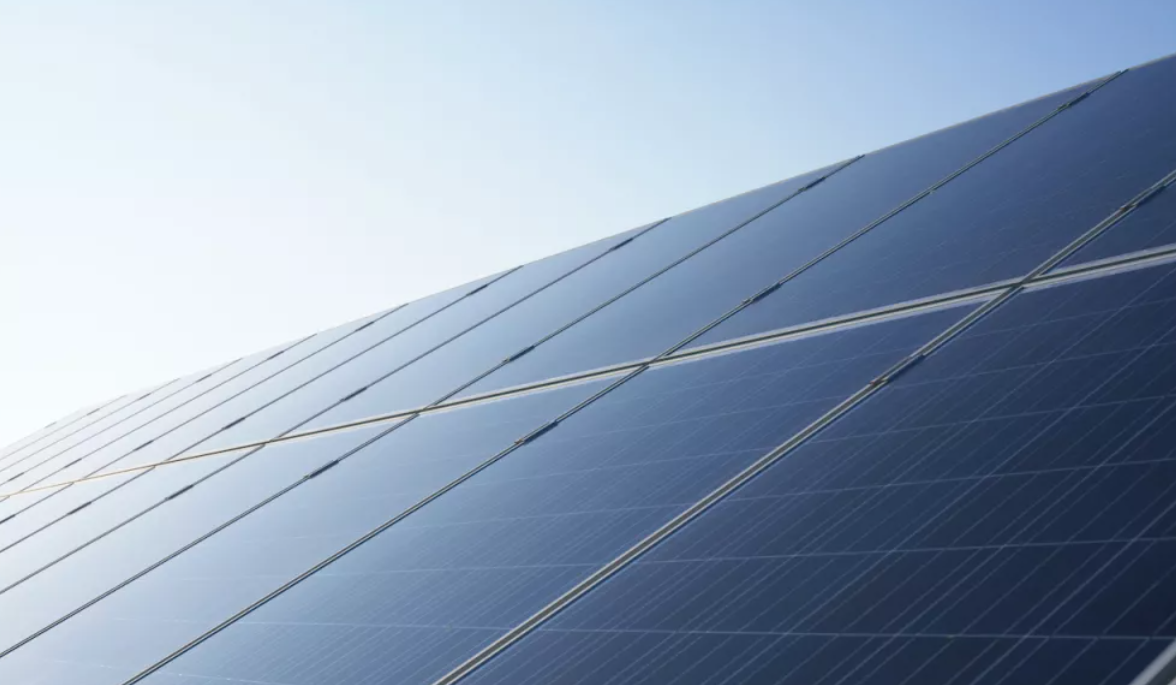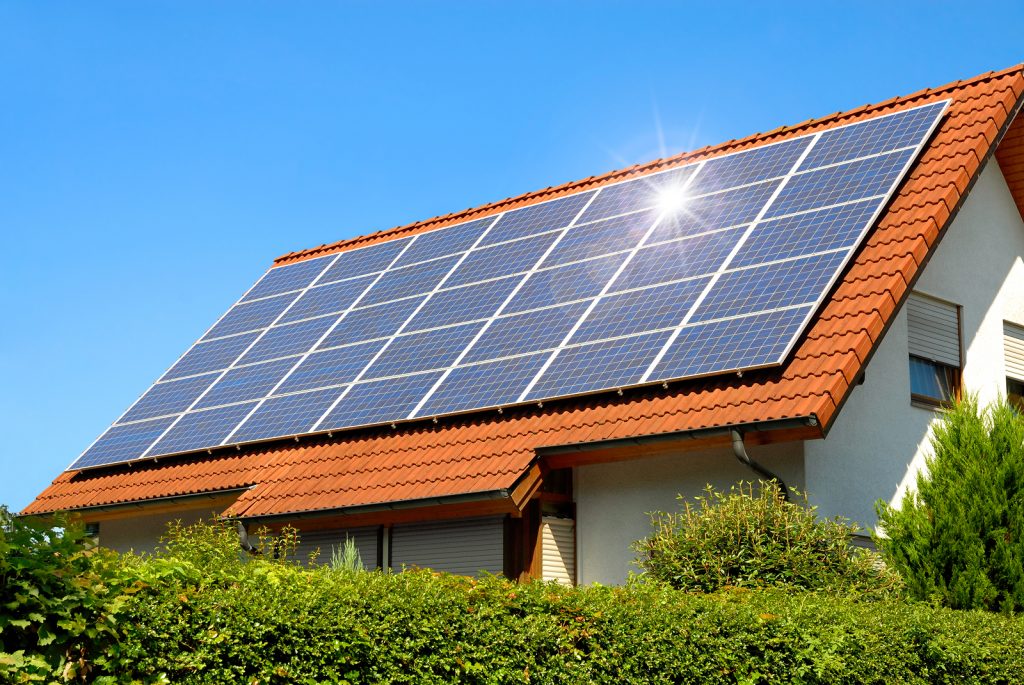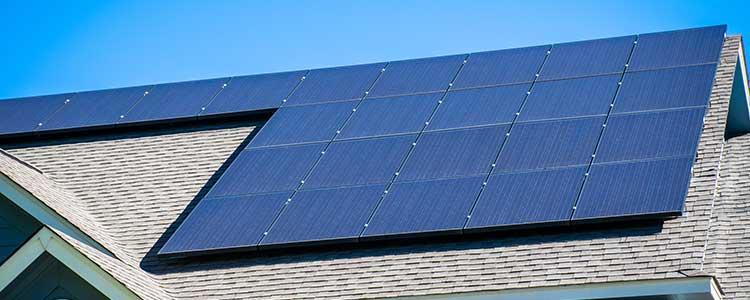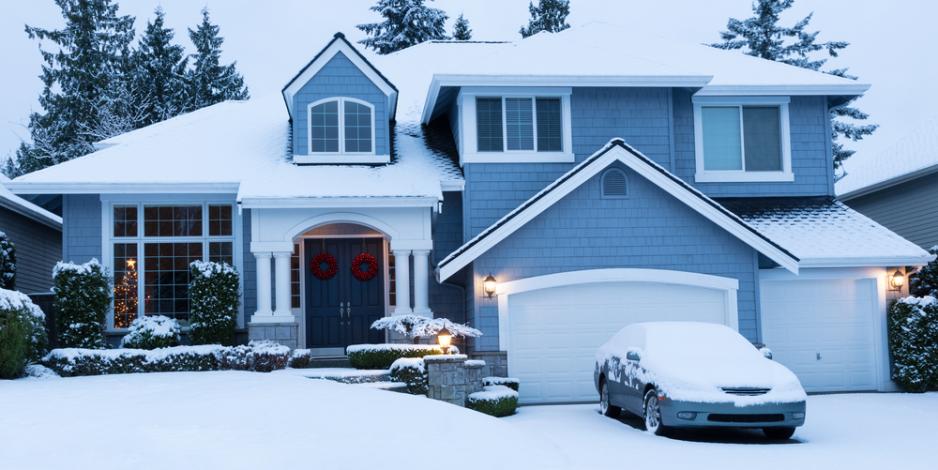Grid-Tied vs. Off-Grid Solar: Which is Right for You?
October 26, 2022
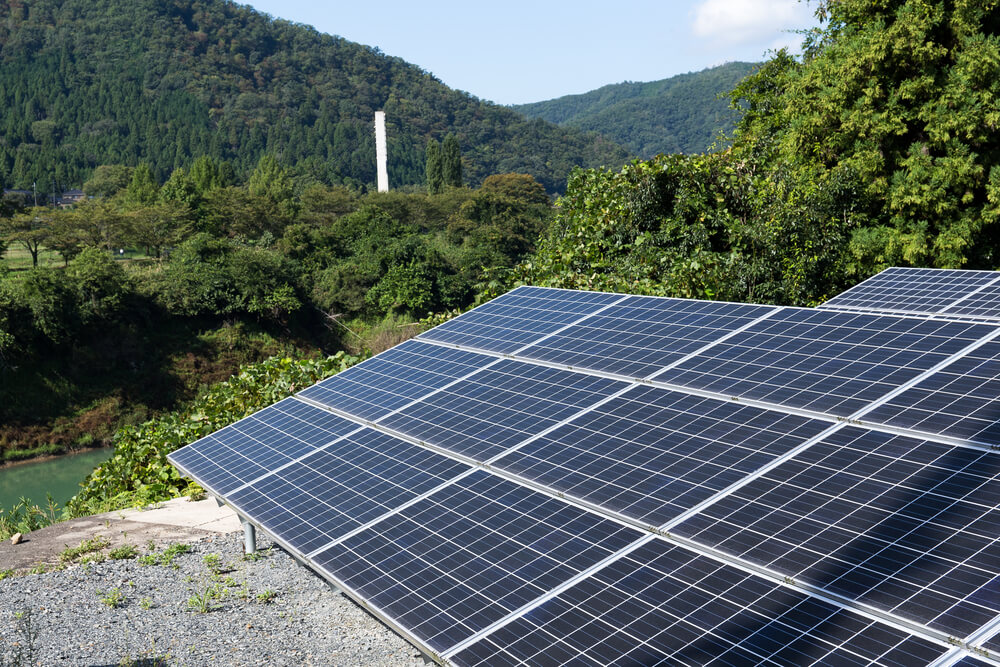
The next step is to decide between grid-tied and off-grid solar now that you’ve made the decision to invest in solar PV equipment for your house or place of business. The majority of those who are worried about their carbon footprint is made to believe that switching to a renewable energy source is the most environmentally friendly way to live. We like to give you all the information you need to choose the option that best satisfies your needs.
Let’s first explore the primary distinction between the two choices.
Off-Grid Solar vs. Grid-Tied Solar
Where each system stores the energy it produces is the main source of this variation. When the sun is out throughout the day, the panels generate a charge, but they need a location to store energy so that it may be used when needed. Grid-tied solar systems feed electricity from their panels to the utility grid, transferring the generated energy. You receive a credit for the energy you donate in exchange, which you can spend whenever you like.
Off-grid solar, on the other hand, necessitates finding a different location to store energy. For your installation, you’ll often need to purchase a battery bank. Each off-grid solar equipment needs batteries if it doesn’t have access to the utility grid. In the event that the batteries run out, a backup generator may also be required on-site.
Since they store energy differently, grid-tied and off-grid solar differ mostly in this area.
Advantages and disadvantages of Each Solar Type
A grid-tied solar system is a secure investment that delivers regularity and security for many homeowners. An off-grid system, however, might be a better option for remote locations and cottages. Having said that, both of these systems have a fair number of benefits and drawbacks that can influence your purchase decision. The benefits and drawbacks of both systems are listed below, starting with grid-tied solar.
Also Read: Can Solar Be Installed on a Tile Roof?
Pros of Grid-Tied Solar
Save money by using net metering
Through net metering, improved efficacy rates, and affordable installation and equipment costs, grid-tied solar connections enable users to save more money. You can transmit the excess energy from the solar system onto the grid rather than storing it in batteries because it will produce more energy than your home or place of business needs. By selling the electricity back to the grid, the cost of the energy purchase is intended to be compensated.
Get backup power from the grid
In many ways, the electrical grid can be thought of as a virtual battery. It is far less expensive than battery banks and doesn’t need to be replaced or maintained. In the event that your solar installation stops producing electricity for any reason, you can readily acquire backup power from it. Additionally, you can reduce the peak load on the energy provider by moving units when your solar system is operating properly.
Cons of Grid-Tied Solar
Performance is tied to the grid
Your solar system will shut down if the grid goes down, leaving you without electricity. This can prevent power from being fed back into the electrical grid, protecting it from harm. Grid-tied systems automatically switch back on when functioning is restored and turn off when the grid goes down.
It could be expensive to source equipment
Installing the electricity lines or poles that connect your system to the grid can be costly if you reside in a rural region. Additionally, to make sure the system is correctly installed and has no flaws that would prevent it from operating safely, you might need to speak with a professional installer.
Pros of Solar Off-Grid
eliminates inefficiencies connected to the distribution
Simply, you may determine exactly how many units you use each day by producing your own energy source. You can avoid the disarray of distribution by doing this, and you can be more mindful of your personal carbon footprint.
Saves you from blackouts
A grid-tied solar system is powerless when the local grid isn’t working. However, if you have a solar off-grid installation, you will still have access to electricity even if the rest of the neighborhood is without power. Because you don’t have to worry about when the nearest power company will address its problems, this can be extremely helpful in rural places.
Cons of Off-Grid Solar
It might be expensive to replace the equipment
You’ll need to buy solar batteries that do the job if you need energy on days when the sun can’t reach your panels. This is a significant expense that won’t persist forever. These pricey batteries will need to be changed every five to six years. Additionally, some batteries may release lead acid base, which harms the environment.
The user is doing it alone
You are responsible for maintaining your personal solar system if something goes wrong with it. The energy provider won’t step in to save you. That implies you’ll need to learn about the operation of off-grid solar systems and investigate any probable mistakes and effective solutions.
What Solar Option Is Best for Your Home?
You’ll need to consider a number of aspects in order to make the best decision in this situation: How far off the grid do you live? How big is your house and how much electricity does it typically use? What initial financial commitment are you prepared and willing to make?
Contact our solar energy company for assistance with your solar-related decisions. The more knowledge you have about solar technology, whether it be grid-tied or off-the-grid, the more confidence you can have in your investment.
Go Solar & get smart energy
Related Articles:

